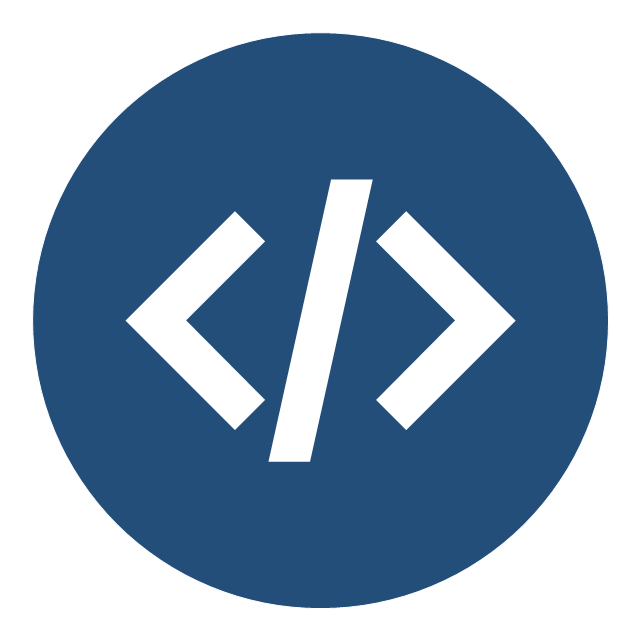- A 0
- B Compiler Error
- C 10
- D Garbage value
Answer:
C
In the following declaration
const int *p;
p can keep address of constant integer.
 Fundamentals of C Language
Fundamentals of C Language  Father of Computer Programming
Father of Computer Programming  Computer Generations
Computer Generations